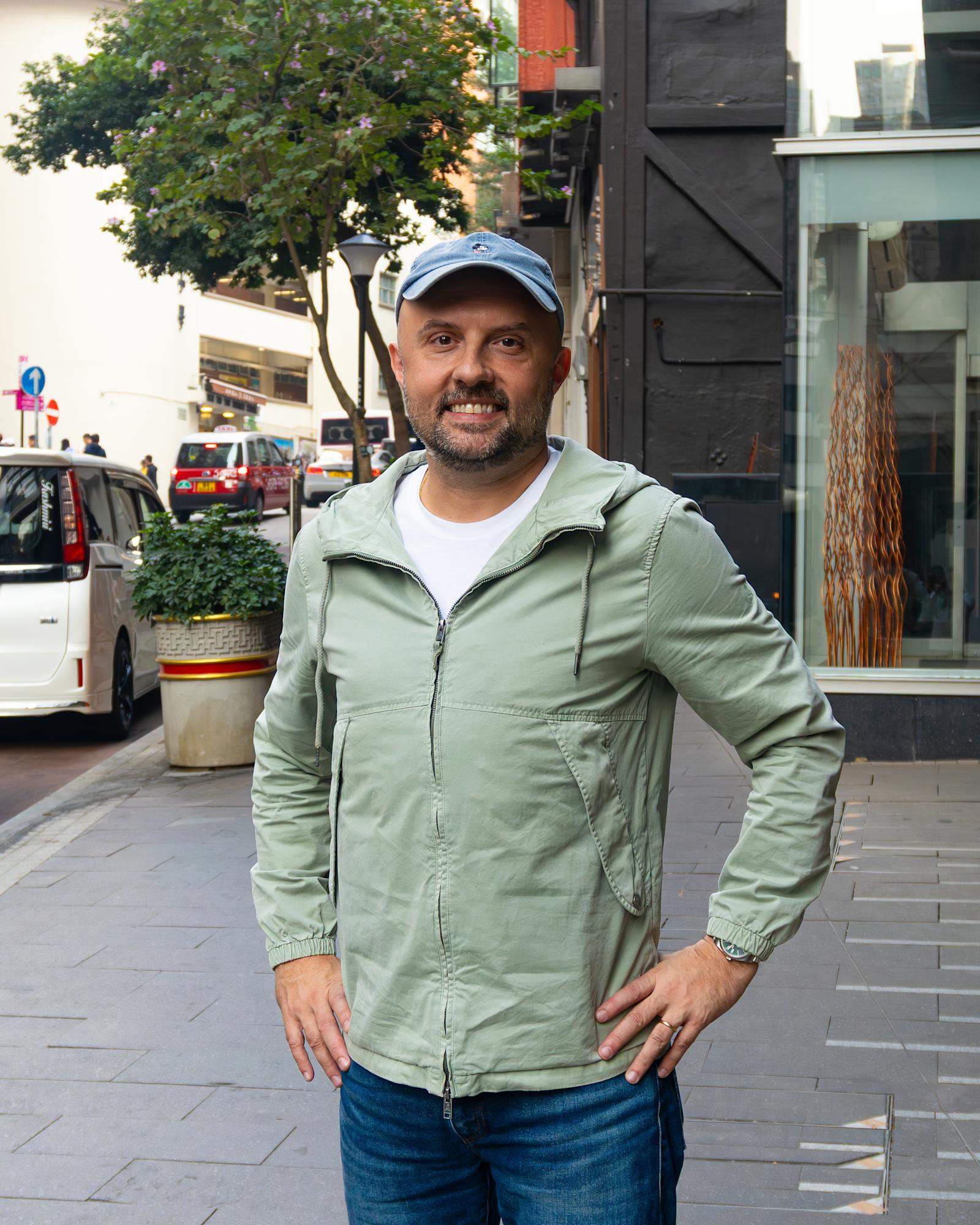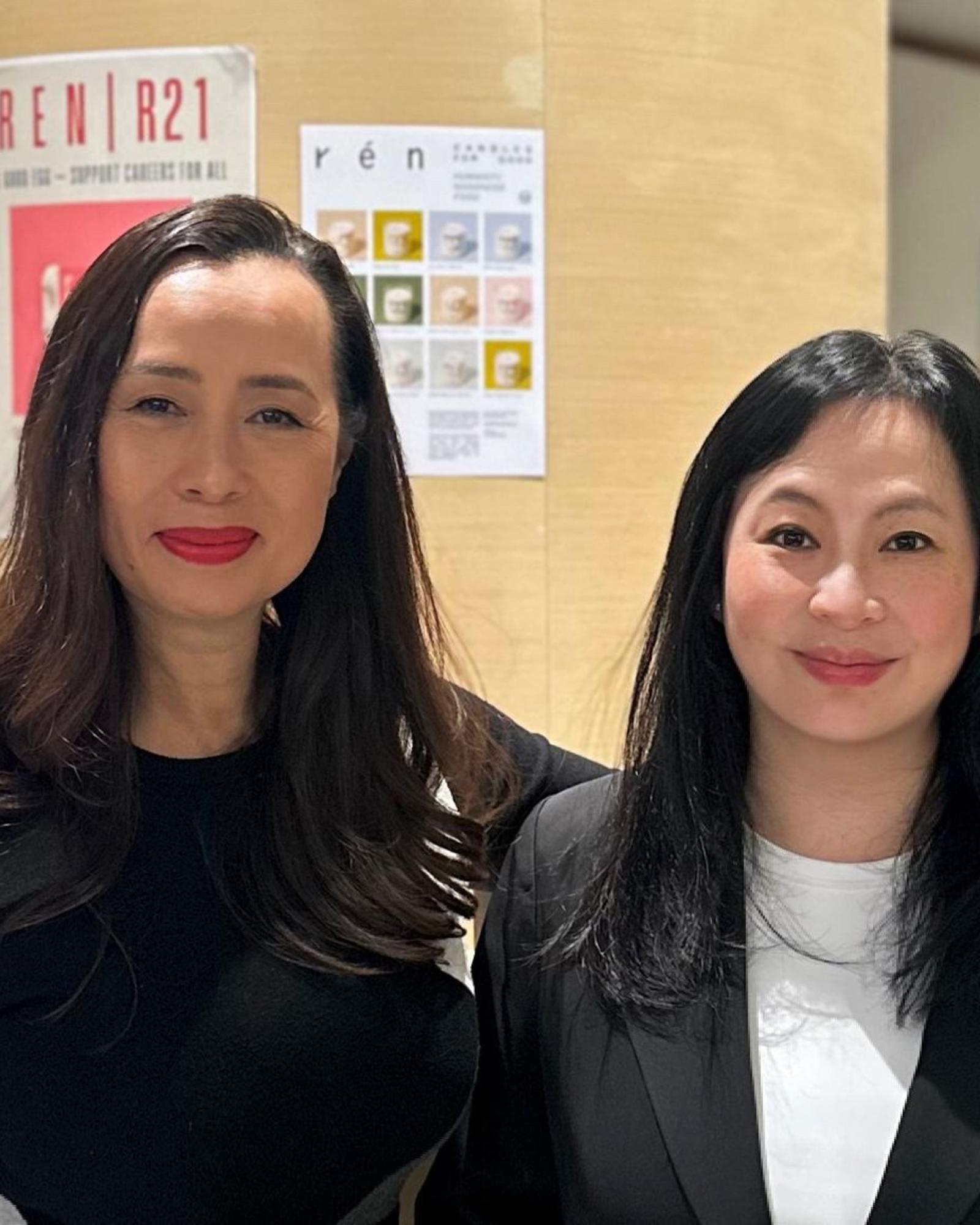Chef Joris Rousseau Chooses r é n Eggs for His Green Michelin-Starred Feuille
The sustainability-centric restaurant also holds a Michelin Star for its exceptional cuisine.
Since the opening of Feuille in 2023, the innovative restaurant and its executive chef Joris Rousseau have quickly become our city’s champions of sustainable dining – which is why it means so much to us here at r é n that they’ve decided to use our locally-sourced r é n eggs from Yuen Long as their egg of choice.
“In searching for the right local eggs to use, I tried a lot of them,” chef Joris explains. “But sometimes maybe the sizes are not the same, maybe the yolk is too big compared to the egg white, or maybe the flavour isn’t quite there for me. With r é n eggs, they are very consistent, have great flavour, and they are very nice to use when I do things like emulsions. That is why I chose them.”
By going local, you also get the added benefit of freshness, which the chef says is particularly important when it comes to ingredients like eggs, as they are often served raw or partially cooked.
“Using local produce is in our DNA,” says chef Joris. “For me, it just makes sense. As a chef, I’m able to have better communication with farmers here that are close to me. It makes no sense for me to build those relationships with farmers in France. Of course, when I was working in France, that’s what I did, but now that I’m in Hong Kong, it just doesn’t make sense.
“And with eggs, using local means they are fresh and safe. If I order something from France, it’ll take time to arrive in Hong Kong, but if I order from our local farms, I can place my order today and have them here at the restaurant by tomorrow morning. Sure, it’s a bit more expensive, but for me, it’s not a problem to pay for the quality.”
Sustainable sourcing and dining have been very important aspects of chef Joris’ culinary philosophy ever since he started his journey in the kitchen back in France. He recalls the early days of his career working in some of Paris’ top restaurants and thinking about what ingredients he’d use for different dishes, and even then, he had already put a lot of emphasis on things that were locally available. His philosophy ultimately led him to chef David Toutain, who presented him with the opportunity to open Feuille in Hong Kong.
“One day, I met chef David Toutain, and he told me about the concept of Feuille, where we’d focus on sourcing and highlighting local ingredients in Hong Kong,” chef Joris recounts. “At first I thought it was a crazy idea.”
Like many of us – even the locals – the chef had no idea Hong Kong had its own farming industry, nor did he know how great our produce was. He had visited the city once before in 2015 but had only seen the metropolitan areas, but once he started visiting all the farms in New Territories, he realised the potential Hong Kong has and decided to take on the challenge. Since arriving here, he’s built strong relationships with the farming community.
“Whenever the suppliers and farmers come for deliveries, they always give me new things to try, and in return I also show them what I’m working on, like different fermentations, and let them taste what I’m doing with their produce. We have a very good relationship, and I’m very happy to have this sort of connection with them.
“To me, sustainability is a very natural part of me – I’m not trying to be something I’m not, and that is why we got the Michelin Green Star in our very first year already and have retained it again this year. It’s also my way of saying thank you to the farmers and the community that supports what we do at Feuille.”
As a charitable organisation with a mission to support and find employment opportunities for Hong Kong’s disadvantaged and underprivileged youth, our r é n eggs also feed back into our other initiatives. A portion of the proceeds from all sales of our eggs go towards funding our programmes such as our R21 and YES Programmes, and chef Joris says he’s glad to be able to contribute to the community in this way.
“To be honest, before you told me about r é n as a charity, I didn’t know about your mission and the role the eggs played,” he admits. “But now that I’m aware and have taken a deeper look at your work, I think it’s a very good opportunity for me to contribute to the cause and help these people, because I know how hard it can be for them and their families. I have my own experience with this in Paris; when I was working there, many restaurants would also take on the responsibility of hiring disadvantaged people, so I’ve had a lot of experience working with them”
There was one particularly memorable relationship for him with a colleague called Louis, who has autism. “He was very, very nice, and he used to be afraid of asking me questions because he was worried that I was too busy to answer him,” chef Joris recalls. “But I always took the time to talk to Louis and to show him what to do, and he’d thank me every time. Eventually, when I left the restaurant, he gifted me a basketball shirt that he knew I loved, and after all these years I still look back on that memory very fondly.
“For us as chefs and employers, sometimes when we think about hiring disadvantaged and underprivileged people, if we are completely honest, it can be a bit scary because we haven’t really learnt how to nurture and support them,” he adds. “But in reality, they are most often incredible employees. They work hard, they are very focused, and they are driven. We just need to give them the right opportunities.”

